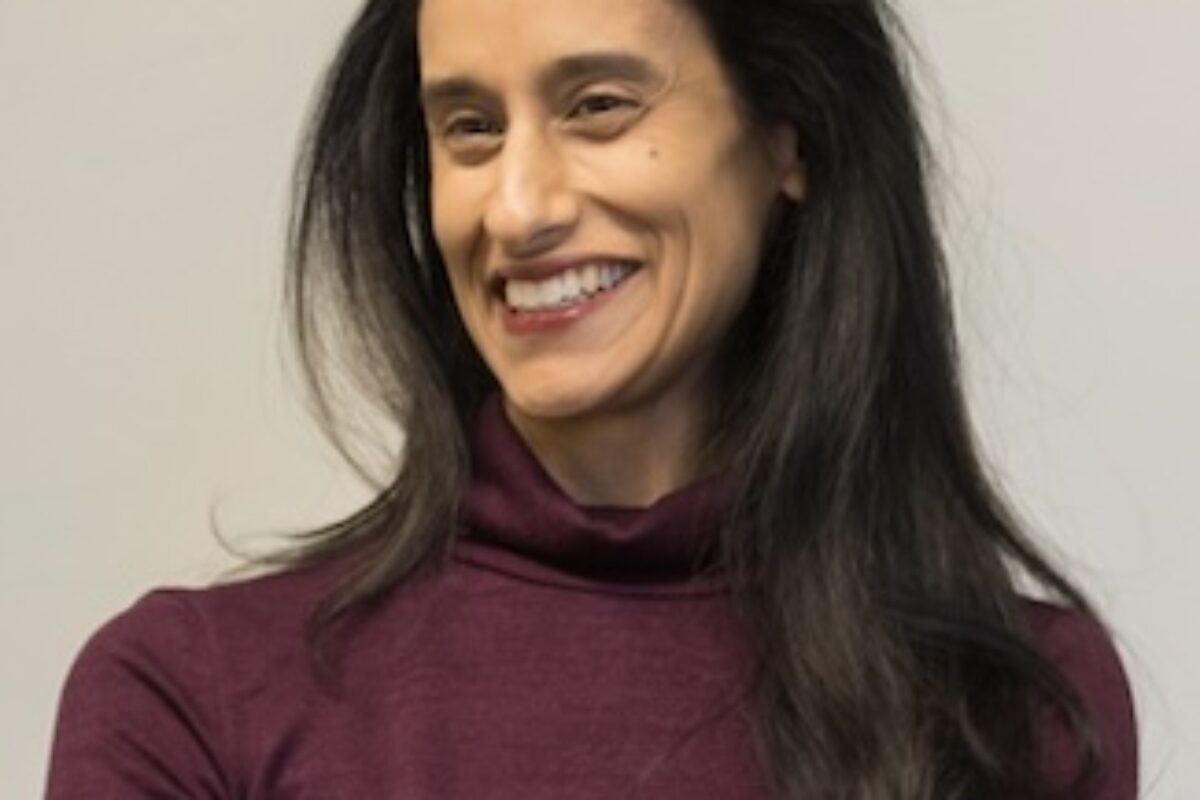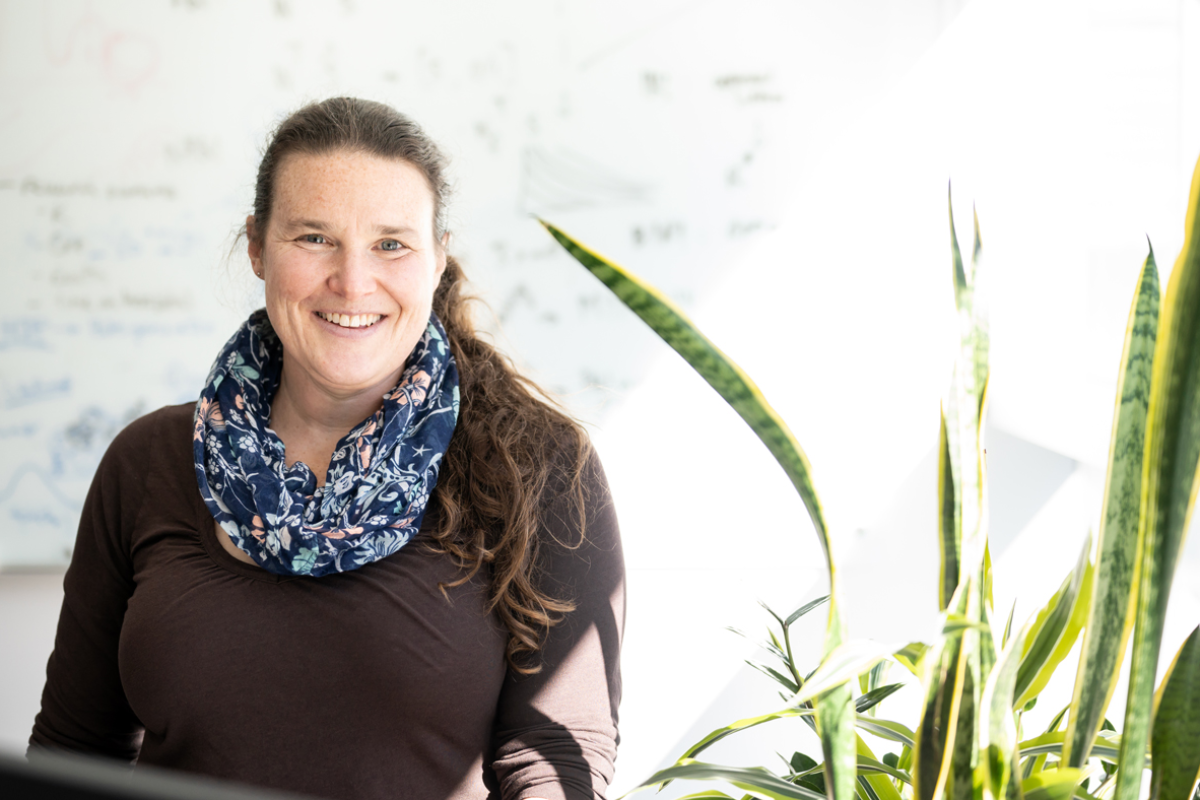|
“Recently, my colleagues and I at Stanford launched a study of a promising AI tool to screen for colon cancer. Earlier trials had suggested the tool could help doctors detect potentially cancerous growths called polyps during colonoscopies. Our study was one of the first to roll it out in a real-world clinical environment.
“What we found shocked us: The tool did not improve polyp detection rates or other outcomes. But then this is not the first artificial intelligence health care product that has failed to deliver.”
Read the op-ed here (note that the San Francisco Chronicle is behind a pay wall): https://www.sfchronicle.com/opinion/openforum/article/health-ai-research-medicine-hype-18712531.php
DBDS’ Barbara Engelhardt, a senior investigator at Gladstone Institutes, was elected as a fellow to the International Society for Computational Biology, joining 14 other scientists from around the world who earn the distinction this year. The ISCB Fellows program is a prestigious recognition within the field of computational biology honoring those who have made outstanding contributions to the discipline.
Engelhardt, who’s also a professor in the Department of Biomedical Data Science at Stanford University, is globally acclaimed for advancing statistical and machine learning models that analyze a large number of variables in biomedical research. Her work spans genomic data, imaging data, and the vast troves of electronic medical record data that could be used to predict the best course of treatment or correct health inequities.
Read it here: https://gladstone.org/news/barbara-engelhardt-elected-fellow-international-society-computational-biology




